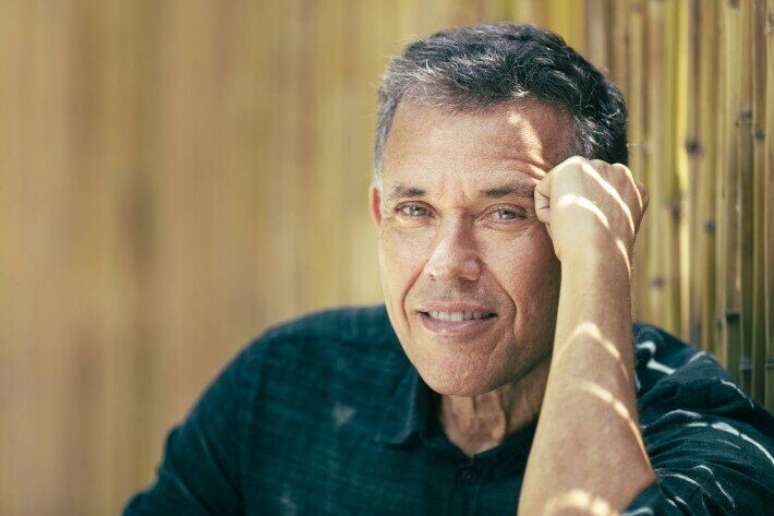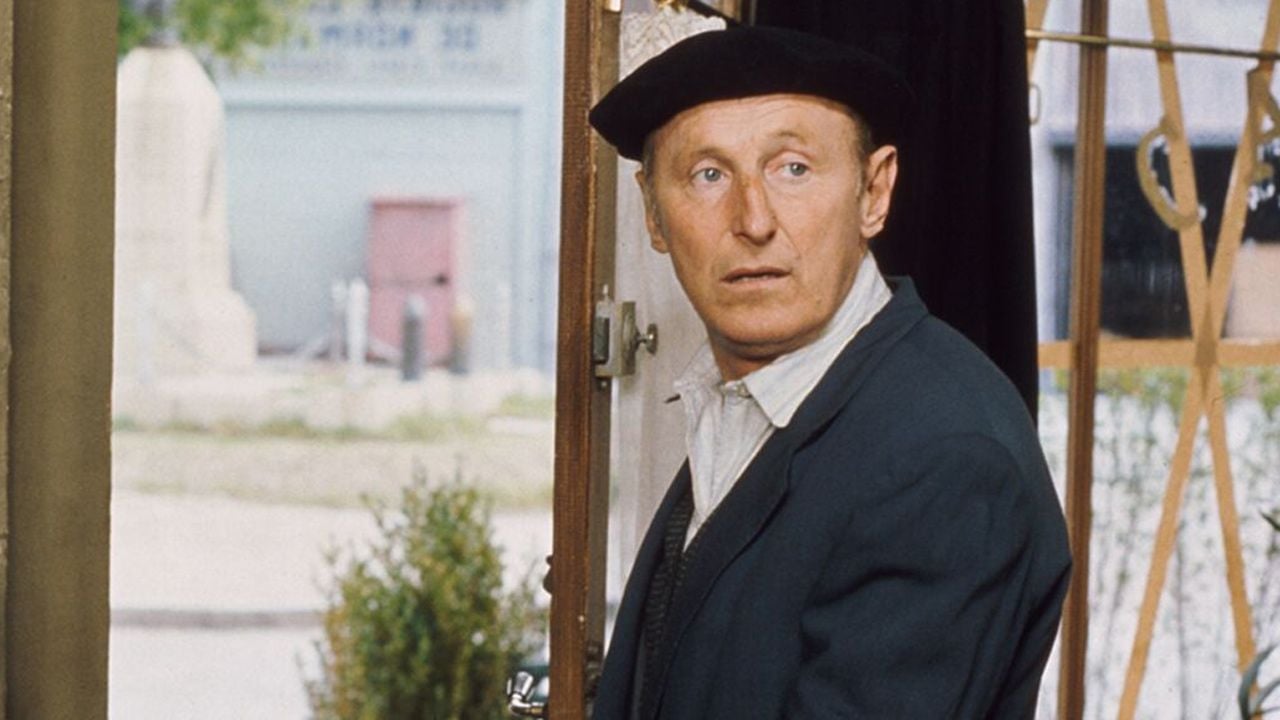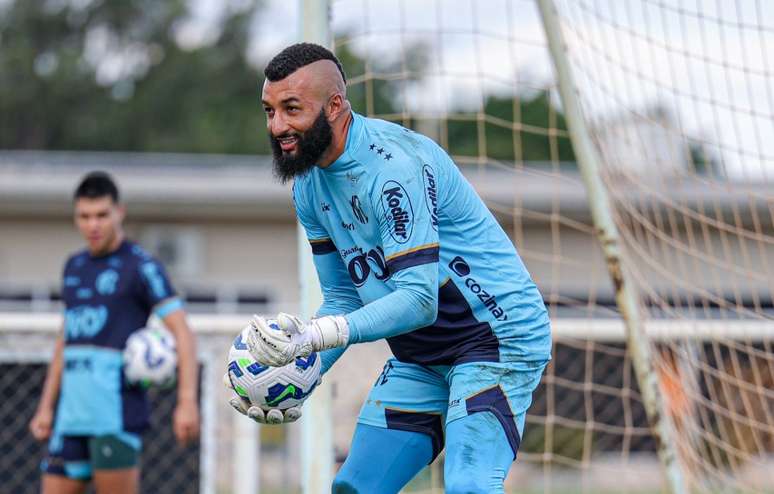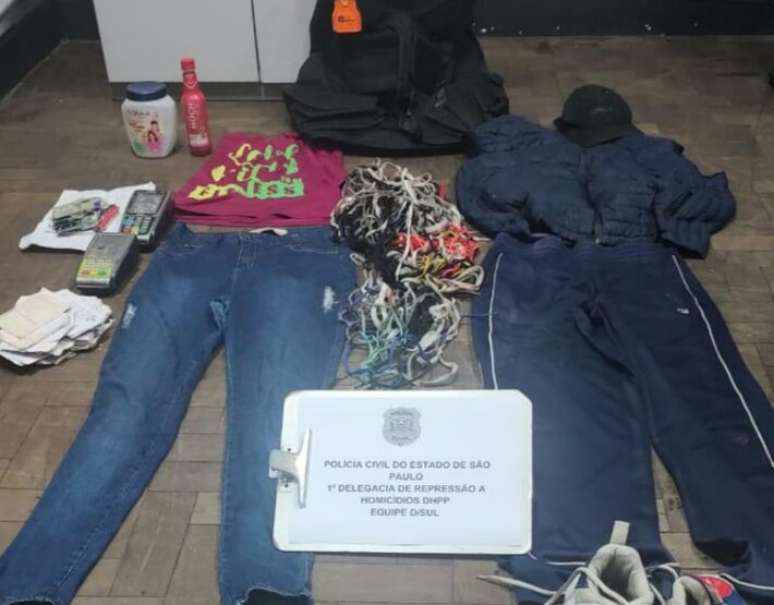Advice heeded by those who understand: that everyone should look at their own lives before diving into global crises
In recent years, excessive information consumption has become one of the main factors associated with increased anxiety. The global numbers are impressive: 8.5 billion searches are performed on Google every day, according to DataReportal. In Brazil the impact is even more evident: we occupy second place in the world for average daily connected time 9 hours and 13 minutes, according to the Digital Report 2024 from the We are Social and Meltwater. This hyperconnectedness, according to the World Health Organization, contributed to a 25% increase in anxiety disorders during the pandemic; and the effects continue to be present in the post-pandemic period, highlighting the importance of prioritizing mental health.
The thinker and the rabbi Nilton Bonder sees this information overload as one of the causes of contemporary malaise, which has worsened especially at the end of the year. This is a festive period that offers intense joy, but, at the same time, asks us through our critical conscience what he defines as “emotional accounting”, when we compare ourselves with what we have achieved or have not done, the famous final accounts of year. “We have always lived with calendars. All traditions have dates for reflection. Marking cycles is human and important,” the rabbi reflects. However, experiencing these moments of pressure surrounded by an excess of news, much of it negative, distracts our attention from our affections and from what Bonder calls “unmediated reality”.
Negativity
A crucial point, according to him, is the impact of negativity on our daily lives. “The world and bad opinions are the most engaging things,” he says. This volume of negative and polarized content ends up distorting our perception, increasing the feeling of discontent and anxiety. To address this problem, Bonder suggests the need for “emotional protection.” It’s not about abandoning social media or stopping consuming news. After all, we are in the 21st century and this is reality, but it is essential to prevent this information from gaining more weight than it should; We don’t have to give them a “reference size for our life”.
Born in Rio de Janeiro, Bonder graduated from PUC-RJ with a degree in Mechanical Engineering before following his religious calling. Ordained as a rabbi in the late 1980s by the Jewish Theological Seminary in New York, he also holds a master’s degree and a doctorate in Jewish literature. His path goes beyond the limits of the religious sphere, with reflections that dialogue with universal themes, such as ethics, philosophy and human behavior.
Navigating through these themes, he highlights that the shift of references from human coexistence to the digital consumption environment is one of the major sources of anguish today.
This reflection also concerns interpersonal relationships, which are often compromised by ideological debates and disagreements on global issues, such as politics and climate change. “If your lifelong friend thinks differently than you, does it make sense to delete them because of news that reached you through different filters? Friendships are part of your true references, and losing them because of the content is very worrying,” he warns.
New approach
At this end of the year, marked by evaluations and reflections, Bonder proposes a practical approach: look at one’s life before delving into the great global crises.
“We are powerless in the face of many global decisions, but we can act in our personal sphere. Ask yourself: have I been good to my friends, to my family, in my work? If the answer is yes, the world is better. If so otherwise, it’s up to you to do something different”, he concludes.

Source: Terra
Rose James is a Gossipify movie and series reviewer known for her in-depth analysis and unique perspective on the latest releases. With a background in film studies, she provides engaging and informative reviews, and keeps readers up to date with industry trends and emerging talents.



![Such a wonderful sun in advance: on Monday, May 12, May 12, 2025, summarizing the episode [SPOILERS] Such a wonderful sun in advance: on Monday, May 12, May 12, 2025, summarizing the episode [SPOILERS]](https://fr.web.img3.acsta.net/img/be/fc/befccff0317e101cfa0aaf54f8f4109b.png)

